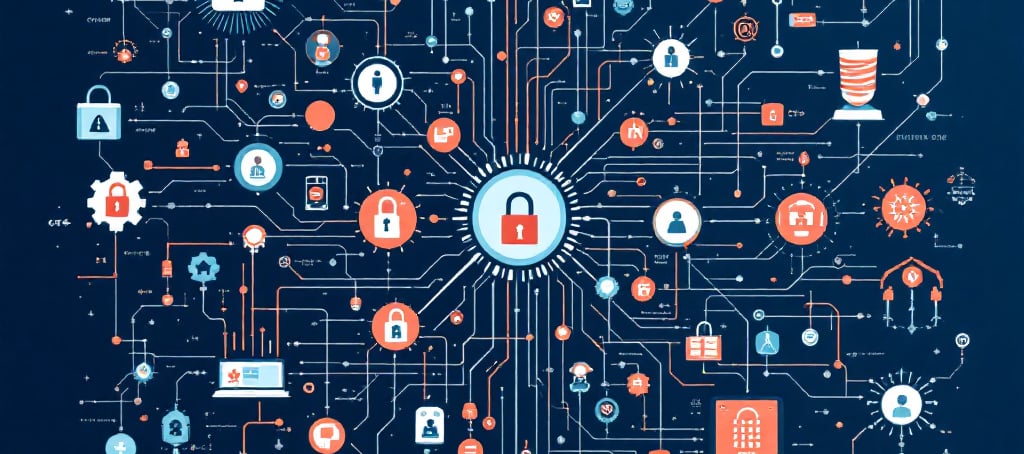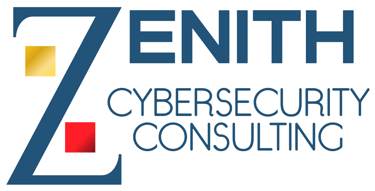CYBERSÉCURITÉ EN AFRIQUE : ÉTAT DES LIEUX ET PERSPECTIVE
Description de l'article de blog :
L'équipe de Z2C
3/24/20252 min read


CYBERSECURITY IN AFRICA: SITUATION AND PERSPECTIVES
Africa, particularly its West and Central regions on which we focus our attention, is facing an alarming escalation of cyberattacks. Ransomware and digital extortion are emerging as the predominant threats, with a financial impact that continues to amplify. The finance, public administration, and critical infrastructure sectors are the most affected [1].
This is what emerges from the latest Kaspersky reports, which indicate that these attacks have increased by 42% in recent years [2]. This percentage was roughly similar to that of the rest of the world, but the increasingly stringent measures and regulations implemented elsewhere are reversing this trend in developed countries. Across the African continent, the ITU estimates that economic losses related to these cyberattacks amount to more than four billion dollars annually [3].
AGGRAVATING STRUCTURAL FACTORS
While the trend has begun to reverse elsewhere, this is not yet the case in West and Central Africa due to certain structural factors. Often insufficient budgets allocated to cybersecurity, combined with a glaring lack of qualified professionals, exacerbate vulnerabilities [4].
However, not all countries are in the same boat. Thus, Ghana stands out as the best student on the continent, with level 1 corresponding to the highest level according to the ITU's Global Cybersecurity Index (GCI) [5].
ECONOMIC CHANGES: RISKS AND OPPORTUNITIES
In addition to these structural challenges, it is necessary to consider the recent events related to geopolitics that are redefining the strategies of certain Western companies, leading to a disengagement from their African subsidiaries, particularly in the banking and energy (refining and distribution of hydrocarbons) sectors [6]. These developments represent both potential risks and opportunities if the new acquirers know how to seize them.
The reconfiguration of the African banking sector, in particular, constitutes a pivotal moment where the technological and security choices of today will determine the cyber resilience of the continent for years to come [7]. While certain international expertise and standards could be lost during this transition, we are also observing the promising emergence of local actors who are more agile and potentially better adapted to the realities on the ground [8].
OUR COMMITMENT
It is with awareness of this complex environment that Z2C is committed to concerted actions involving public entities, businesses, and even individuals, to strengthen the digital resilience of the continent.
Our approach aims to transform these challenges into development opportunities, by proposing solutions adapted to local contexts and contributing to the emergence of African expertise in cybersecurity.
We will keep you informed of our upcoming initiatives in this area.
Sincerely,
The Z2C Team
Sources:
[1] Interpol Report "African Cyberthreat Assessment 2023"
[2] Kaspersky Security Network, "State of Cybersecurity in Africa - 2023"
[3] International Telecommunication Union, "Economic Impact of Cyberthreats in Africa", 2023
[4] McKinsey & Company, "Cybersecurity Maturity in Africa", 2023
[5] Global Cybersecurity Index (GCI), International Telecommunication Union, 2023
[6] Financial Times, "European Banks' Exit from Africa Creates Security Vacuum", January 2023
[7] PwC, "Banking Transitions in Africa: Security Implications", 2023
[8] Africa Fintech Report, Partech Partners, 2023
Reach Us
+225 27 22 54 57 57
Copyright © All rights reserved. Zenith CyberSecurity Consulting 2025


+225 07 08 13 18 16
+225 05 04 06 09 40
Email: contact@zenithcyber.net
